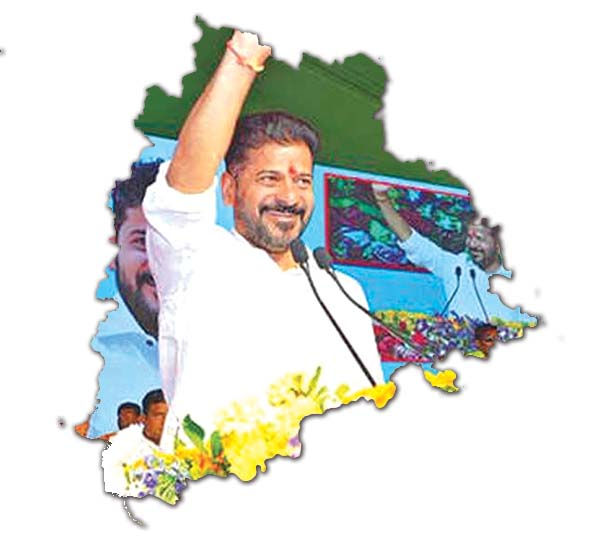The Grand Indira Melodrama
- Correspondent
- Feb 25, 2025
- 3 min read
Updated: Feb 27, 2025
The Congress’ extreme reaction over a casual remark on Indira Gandhi which brought the Rajasthan Assembly to a standstill is political theatre at its most unconvincing.

In a bizarre display of political melodrama, the Congress party in Rajasthan has spent nearly a week in turmoil over a relatively innocuous remark about Indira Gandhi. A comment by state minister and BJP leader Avinash Gehlot referring to the former prime minister as “your dadi” (grandmother) provoked an outsized reaction, leading to multiple adjournments of the Rajasthan Assembly followed by mass protests, and the suspension of six Congress MLAs. That a passing reference to the late PM in the context of a budget discussion could ignite such a storm reveals a deeper malaise within the Congress ranks as a party more eager to defend its legacy with performative outrage than engage in substantive political opposition.
The episode began during a routine Question Hour on February 21, when Gehlot made the comment while pointing out that yet another scheme had been named after Indira Gandhi. The Congress instantly erupted, treating the remark as a grave insult to their revered leader. In the ensuing chaos, the House was adjourned thrice, and six MLAs, including state party chief Govind Singh Dotasra, were suspended. Rather than de-escalating, the Congress escalated matters further, staging a dramatic sit-in within the Assembly and leading a large-scale protest outside the premises, complete with senior leaders and MPs in attendance. The demand? An apology from Gehlot and the revocation of the suspensions.
The Congress, increasingly relegated to the margins of Indian politics, has long relied on its dynastic past to maintain relevance. The invocation of the Nehru-Gandhi name, whether in government schemes or party rhetoric, has served as a crutch. To the Congress, any perceived slight to Indira Gandhi is not just an insult to history but a direct attack on the party’s dwindling political identity. The Rajasthan spectacle appears less about upholding Indira Gandhi’s dignity and more about proving the Congress’s continued ability to flex its muscles, however theatrically.
Meanwhile, the BJP-led Rajasthan government has played its cards shrewdly, standing firm against the Congress’s manufactured outrage. Speaker Vasudev Devnani refused to entertain the Congress’ demands, underscoring the ruling party’s unwillingness to cede ground to political theatrics. This only deepened the Congress’s frustration, leading to further adjournments and disruptions.
The Congress’s actions are a stark contrast to its own past handling of historical criticism. When faced with legitimate critiques of Indira Gandhi’s Emergency-era excesses, the party has either downplayed or ignored them. Yet, a mere offhand remark about her name triggers pandemonium. This inconsistency underscores a selective approach to legacy preservation, one where real historical debates are evaded but trivial provocations become existential crises.
For the average Rajasthani, this bizarre episode must seem entirely disconnected from real issues. While the Assembly should be debating crucial matters pertainign to governance, infrastructure and employment, the state’s principal opposition party is instead consumed with orchestrating a week-long protest over a perceived slight. It is political theatre at its most unconvincing.
If the Congress wishes to revive its electoral fortunes, it would do well to shift focus from personality cults to policy-driven opposition. The Rajasthan debacle is a reminder that nostalgia for past leaders, however grand, is no substitute for present-day relevance. Indira Gandhi was a formidable leader who faced far graver attacks in her lifetime, often responding with ruthless political acumen rather than petulant protests.
Ironically, by reacting with such exaggerated fury, the Congress has drawn more attention to the very point it seems to be trying to refute. Indira’s legacy, whether one admires or criticizes it, is hardly dependent on the words of a state minister. But the Congress’s exaggerated response suggests a party struggling to define itself beyond her shadow. If this is the best fight it can pick, small wonder that it finds itself increasingly irrelevant in the national political landscape.





Comments